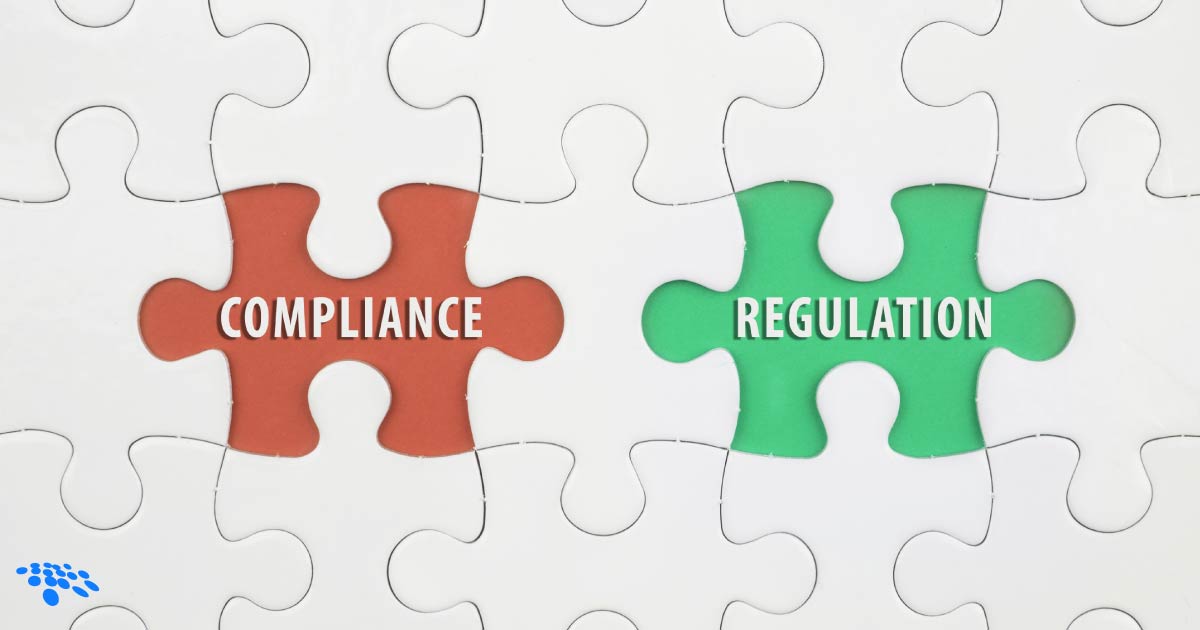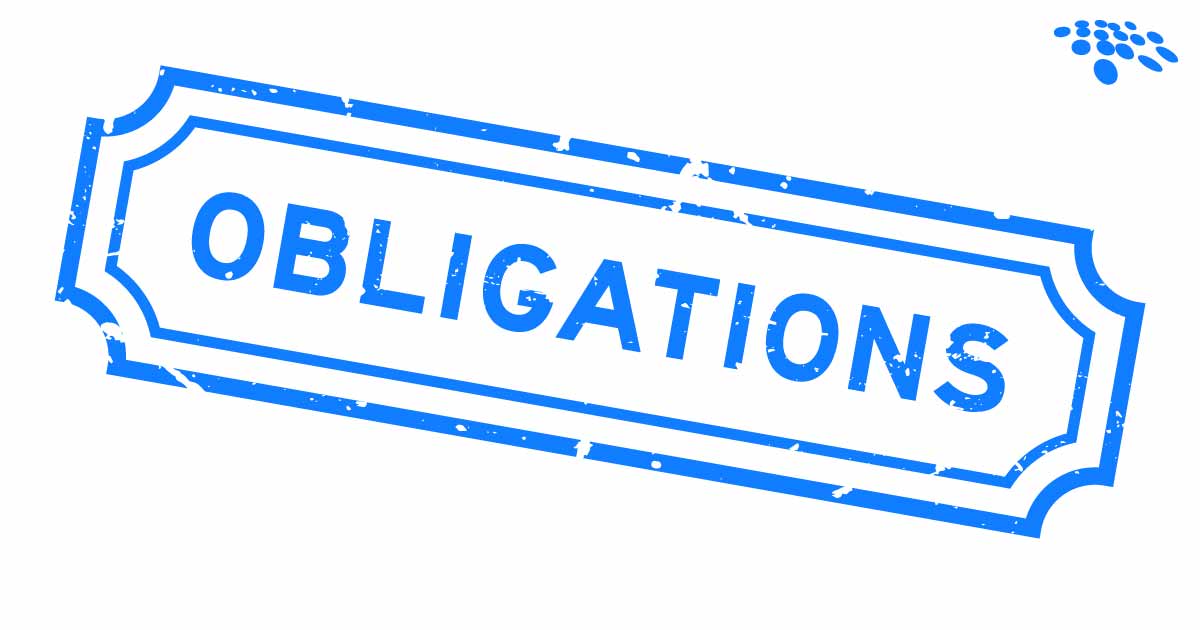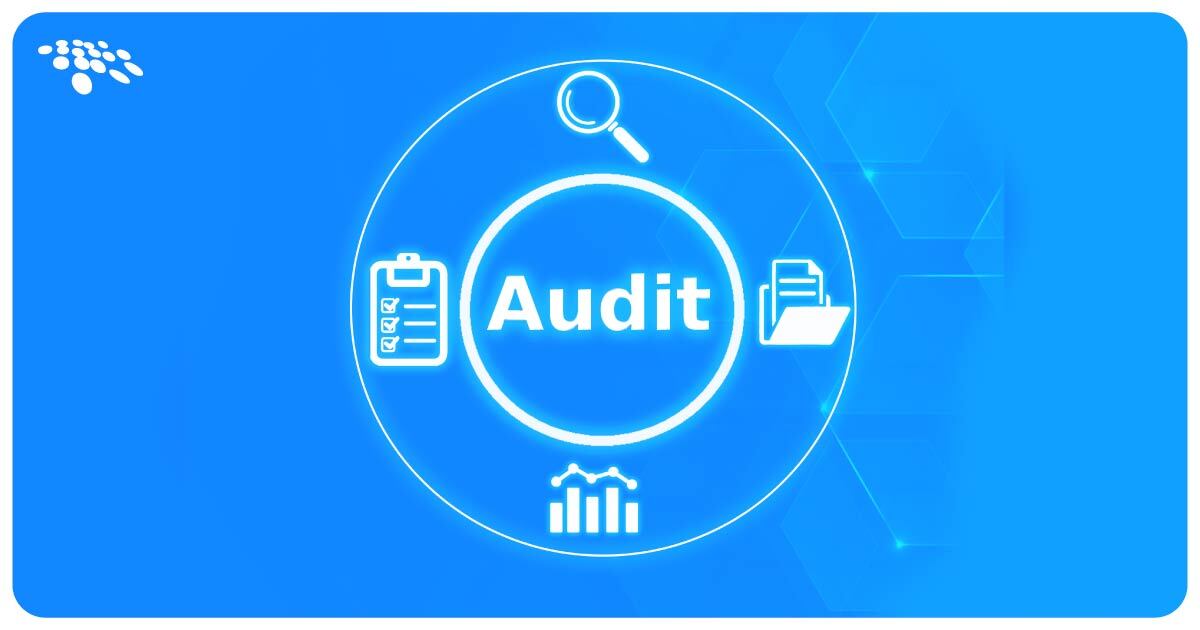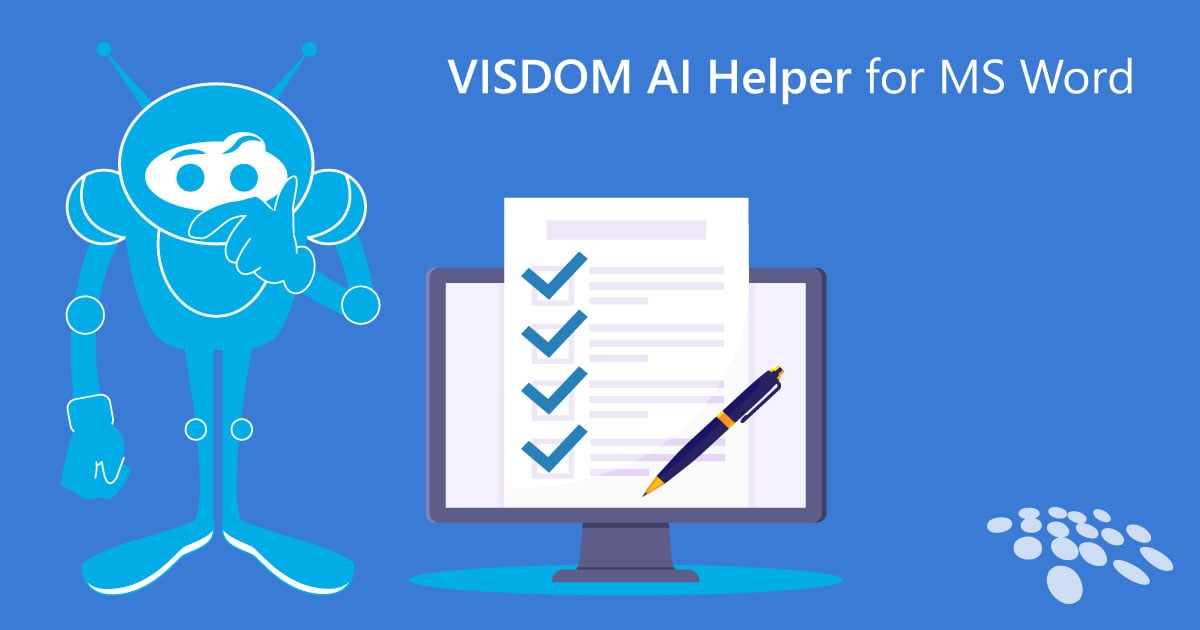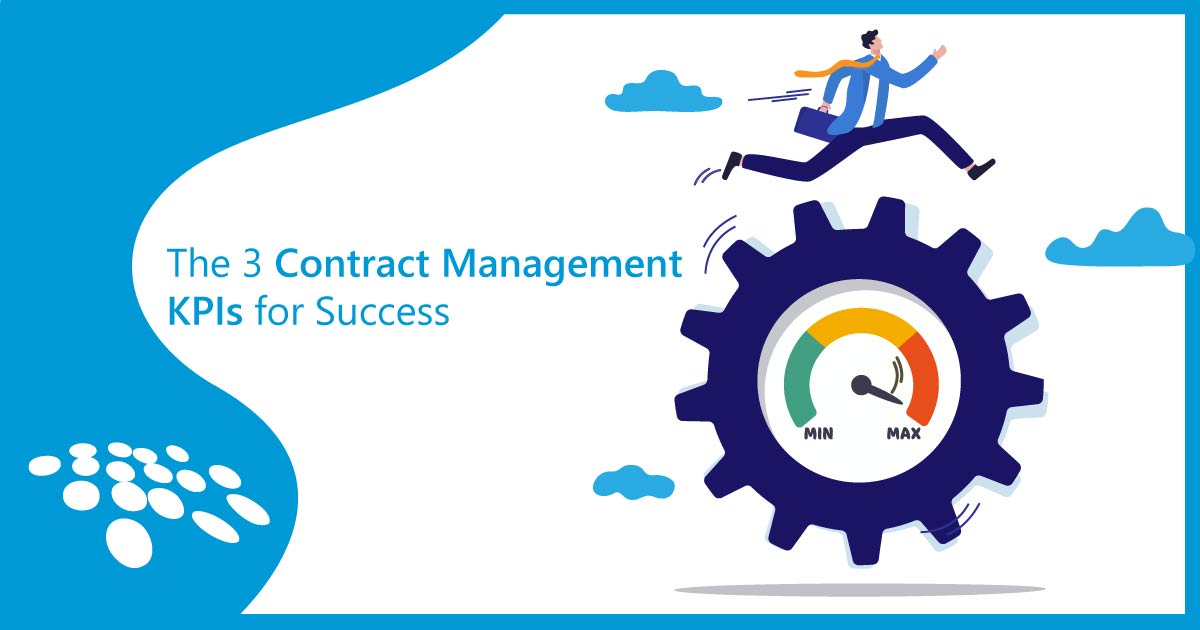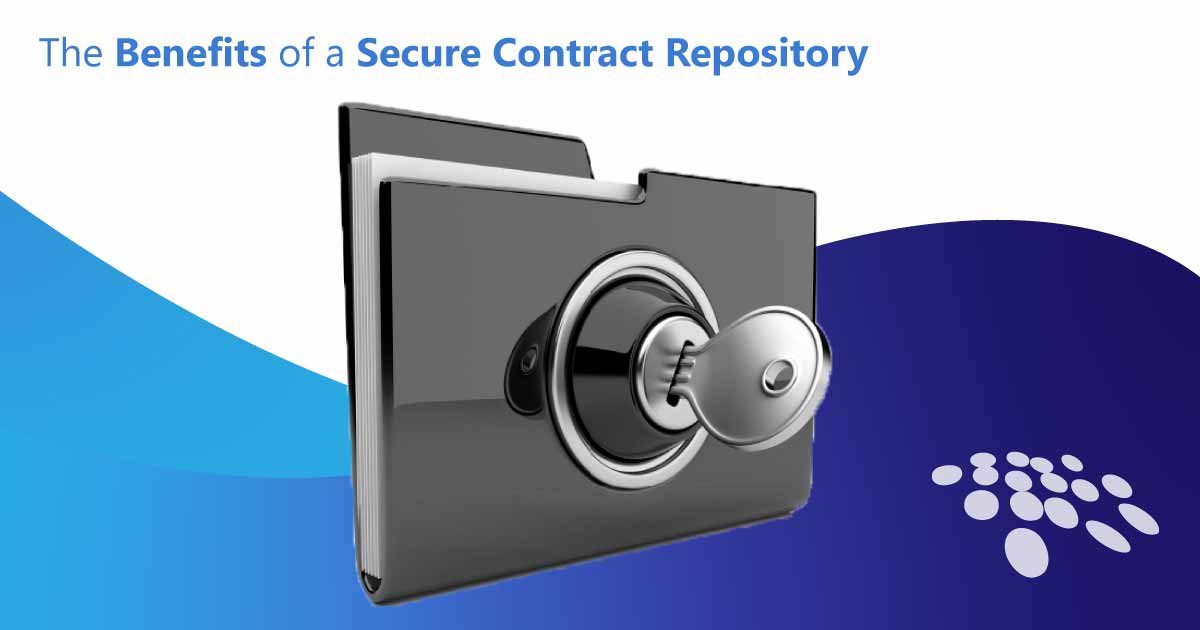![]()
Contract tracking can be a significant challenge for legal teams, contract managers, sales teams, and other industry professionals. Manual contract management processes may suffice for organizations with low contract volume and contract complexity. However, when the number of contracts increases to hundreds, thousands, and beyond, contract failure rates increase exponentially. Read on to learn how to master contract tracking with leading contract management software.
Lackluster contract management solutions reliant upon manual paper and filing systems, spreadsheets, and emails are not enough for organizations to get the most out of their contracts. In addition to making it difficult to reach financial goals, ineffective contract tracking systems lack security and put organizations at operational and regulatory risk.
Contract Tracking
Contract tracking is the process of tracking contract lifecycle management from requests to renewals. Efficient tracking should involve accounting for aspects including (but not limited to):
- contract document versions.
- attachments relevant to a contract.
- contract compliance and regulations.
- vendor compliance.
- obligations.
- key dates and milestones.
- award management tracking.
- contract audit tracking and logging.
- post-award and post-signature contract management.
The Goals of Contract Tracking
Let's explore some of the key objectives of contract tracking:
1. Fostering Compliance
One of the primary goals of contract tracking is to ensure compliance with legal and regulatory requirements. Contracts often contain terms and conditions that must be adhered to by both parties involved. By tracking contracts, organizations can monitor important milestones, deadlines, and obligations to ensure that all parties fulfill their contractual obligations. This tracking helps mitigate legal risks and avoid potential penalties or disputes.
2. Improving Operational Efficiency
Contract tracking also aims to improve operational efficiency by streamlining contract management processes. The goal is for organizations to access and retrieve contract information when needed easily. Additionally, proper contract tracking enables organizations to automate routine tasks, such as contract renewals or notifications, reducing manual effort and increasing productivity.
3. Enhancing Financial Performance
Effective contract tracking can have a positive impact on an organization's financial performance. By closely monitoring contract terms, organizations can identify opportunities to optimize costs, negotiate better terms, or identify potential revenue leakage. For example, tracking contract expiration dates allows organizations to proactively renegotiate contracts or explore alternative options, potentially leading to cost savings or revenue generation.
4. Mitigating Risks
Contract tracking plays a crucial role in mitigating risks associated with contracts. By monitoring key contract terms, such as warranties, indemnities, or termination clauses, organizations can identify potential risks and take appropriate actions to mitigate them. Contract tracking also helps in identifying non-compliance issues, such as missed deadlines or unauthorized changes, allowing organizations to address them promptly and minimize potential risks.
5. Enhancing Decision-Making
Contract tracking provides organizations with valuable insights and data that can inform strategic decision-making. By analyzing contract data, organizations can identify trends, patterns, and opportunities for improvement. For example, analyzing contract performance metrics can help identify underperforming contracts or areas for renegotiation. This data-driven approach enables organizations to make informed decisions and optimize their contract management processes.
When Contract Tracking Goes Wrong
Does this scenario sound like your contract tracking story?
Your organization stores documents on a shared drive or in filing cabinets, you track contract metadata on a spreadsheet, and you use email to manage the contract lifecycle from requests to renewals. You spend inordinate amounts of time creating calendar reminders and alerts in an attempt to stay on top of key dates, milestones, tasks, approvals, expirations, and renewals.
The organization's shared drive has multiple versions of documents with various naming conventions and file structures. To further complicate things, employees have document versions stored in their folders - making it nearly impossible to search and find contracts (let alone determine the correct version).
Your contract tracking sheet has helped you stay on top of key dates like expirations. Still, the risk of error is high due to the necessity of constant manual contract data entry, regular maintenance, and updating. When it comes to spreadsheets, there's a lot that they don't do:
- Spreadsheets don't support alerts for important tasks or contract terms or language issues.
- Spreadsheets don't support sell-side contracts by revealing cross-sell, up-sell, pricing, or discount opportunities.
- Spreadsheets don't support fast contract approvals and seamless routing for signatures.
More problems arise when your organization discovers multiple spreadsheets are being used and no one knows which version is most up-to-date.
Contract Tracking Sheet
A contract management spreadsheet can support contract tracking at a base level to improve your tracking process somewhat. However, contract tracking sheets often prove ineffective at accurately tracking contract lifecycle tasks, contract status, contract compliance, contract performance, budgets, purchases, and invoices.
The process mentioned above was undoubtedly an improvement from not having a formal contract tracking system in place. Still, the positive impact isn't enough when timelines shift, audit trails are nowhere to be found, and schedules need to be continuously and chaotically reconciled. Ultimately, your organization concludes that it is still losing contracts, and precious time is being wasted following up with internal resources and counterparties for approvals, negotiations, and wet signatures.
Putting an End to the Waste
The principal path to mastering contract tracking is to eliminate the waste in your process. Stop wasting time searching for documents, stop wasting time manually locating supplier information, and stop wasting time searching through folders and managing long spreadsheets.
The Path to Contract Tracking Mastery
Effective contract tracking is achieved with greater efficiency, more visibility, easier collaboration, more secure document storage, more flexible and intuitive task management, automated alerts, and rapid contract approvals.
The fact is that manual or hybrid contract tracking systems may work up to a point, but they cannot adequately support complex contracts and increased contract volumes.
Your organization requires a secure, web-enabled, searchable, and strengthened solution with intelligent workflow automation and contract intelligence. Your organization needs a solution that:
- makes contracts easily accessible.
- supports real-time contract reporting and analytics.
- simplifies contract authoring, contract negotiations, and contract approval processes with contract owners assigned and notified.
- automates tasks with contract automation.
- supports monitoring of contract status and milestones and other contract tracking important events.
- and provides thorough oversight so that executed contracts meet compliance, regulatory, and other standards.
That solution is comprehensive contract lifecycle management software for digital contracting!
Embracing Technology for the Win
Leading contract tracking systems support effective tracking with a secure contract repository, increased visibility, intelligent merging of contract clauses and templates from a preapproved library, improved contract collaboration, comprehensive performance insights, comprehensive audit trails, and faster contract close rates. CLM technology is user-friendly - facilitating quick adoption by users and impacted stakeholders.
If you are considering investing in software for contract tracking, look for essential contract management software features like:
- a cloud-based centralized contract repository with virtually unlimited document storage for finding contracts quickly and much more.
- robust version tracking and audit trails.
- tracking for virtually unlimited attachment types, including contracts, POs, invoices, supporting docs, and more.
- vendor compliance tracking and monitoring.
- award management tracking.
- contract record audit tracking and logging.
To better manage the contract lifecycle from "cradle-to-grave," look for additional future-minded contract management system functionality, including:
- user-defined and system fields.
- automated notifications and alerts for team members.
- intelligent automated contract workflows - including approval workflows to get contracts reviewed and signed quickly..
- IntelliSign® electronic signature software functionality.
Experience Better Contract Tracking Systems
The solution that supports the aforementioned process-defining tools and more is CobbleStone Contract Insight®.
CobbleStone Contract Insight is flexible and configurable to your organization's process and standards.
CobbleStone Software has been a visionary pioneer in contract lifecycle management since its inception. The various features available with CobbleStone Contract Insight thoroughly equip organizations to manage contracts efficiently, easily manage risk, oversee compliance, rapidly draft documents, track costs, obtain alerts, sign the contracts with electronic signatures, and decrease contract management costs due to minimized productivity stemming from outdated contract administration.
Learn why thousands of contract managers across the globe trust CobbleStone with their contract management needs. Book your free demo today to learn more about CobbleStone's unparalleled contract software!
*Legal Disclaimer: This article is not legal advice. The content of this article is for general informational and educational purposes only. The information on this website may not present the most up-to-date legal information. Readers should contact their attorney for legal advice regarding any particular legal matter.
This blog post was updated on November 6th, 2024. Its original publication date was February 4th, 2019.














